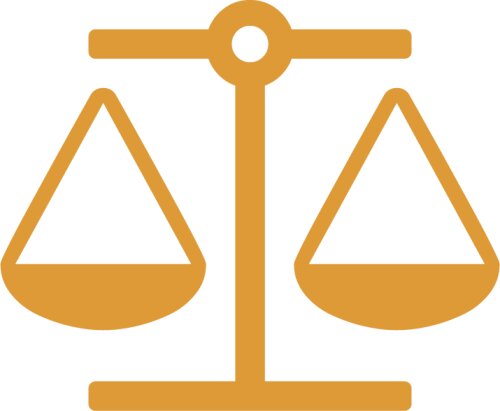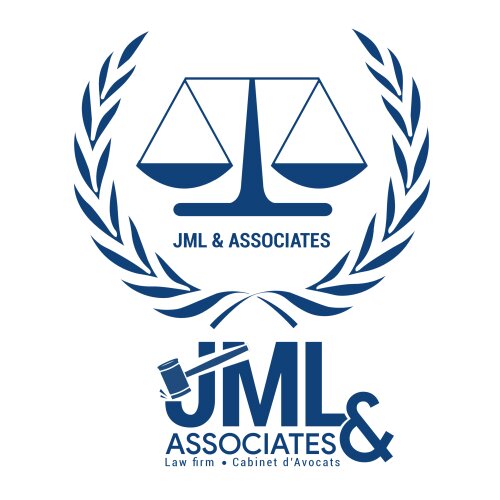Best Annulment Lawyers in DR Congo
Share your needs with us, get contacted by law firms.
Free. Takes 2 min.
Free Guide to Hiring a Family Lawyer
Or refine your search by selecting a city:
List of the best lawyers in DR Congo
About Annulment Law in DR Congo
Annulment in the Democratic Republic of Congo (DR Congo) is a legal procedure to declare a marriage null and void. Unlike divorce, which ends a legally valid marriage, annulment decrees that the marriage contract was never legally enforceable. Grounds for annulment in DR Congo typically involve situations where the marriage was entered into under duress, fraud, or where one or both parties were not legally allowed to marry.
Why You May Need a Lawyer
Pursuing an annulment can be complex and emotionally challenging, often requiring a clear understanding of legal procedures and requirements. You may need a lawyer in cases where:
- There are allegations of fraud or deception at the time of marriage.
- One or both parties were below the legal age of marriage, without proper consent.
- There are issues surrounding mental competence or duress.
- Clarification is needed on property rights emerging from the union.
- Custody or legitimacy of offspring is contested.
Legal expertise helps ensure your interests are adequately represented and protects your rights throughout the process.
Local Laws Overview
Annulment laws in DR Congo are governed by the Family Code, which outlines the legal requirements for marriages and annulments. Essential aspects include:
- Legal Grounds: The law specifies certain grounds on which annulment can be applied - these often involve lack of consent, incapacity, or pre-existing marital status of a party.
- Jurisdiction: Cases are typically handled by local civil courts that oversee family law matters.
- Evidence Requirements: Petitioners must provide substantial evidence to support their claim for annulment.
- Statutes of Limitations: There are time limits within which an annulment must be sought, depending on the grounds for annulment.
Understanding these provisions is key to navigating the process successfully.
Frequently Asked Questions
What is the difference between annulment and divorce?
An annulment treats the marriage as if it never existed legally, whereas divorce formally ends a legally valid marriage.
What are the common grounds for annulment in DR Congo?
Common grounds include lack of consent, fraud, mental incapacity, coercion, bigamy, and underage marriage without proper consent.
Are there any financial repercussions following an annulment?
Annulment doesn’t necessarily affect property settlements; however, legal guidance is essential to address any financial disputes.
How long does the annulment process take?
The duration can vary significantly depending on the complexity of the case and the court’s schedule.
Can an annulment be contested?
Yes, the other party can contest the annulment, which may complicate the legal proceedings.
Do both parties need to agree to an annulment?
Not necessarily; one party can file for annulment based on valid grounds even if the other party disagrees.
Is there a way to annul a marriage that has lasted several years?
This can be more challenging, but possible, if valid grounds for annulment exist.
Can a religious marriage be annulled in civil court?
Religious marriages often require separate proceedings within religious institutions, in addition to civil annulment.
What happens to children born in an annulled marriage?
Children of annulled marriages are considered legitimate, and issues like custody and support are addressed separately.
Do I need a lawyer to file for annulment?
While not mandatory, having a lawyer can significantly help in navigating legal complexities efficiently.
Additional Resources
It can be valuable to contact these resources for further assistance:
- Ministry of Justice and Human Rights: Regulatory authority for legal proceedings and family law.
- Local Bar Associations: Offer directories of qualified lawyers experienced in family law.
- Civil Courts: Provide procedural guidance and processing of annulment applications.
- Non-governmental Organizations: Can offer support and advice, especially regarding women’s rights and family law.
Next Steps
If you need legal assistance for annulment in DR Congo, consider taking these steps:
- Consult a Lawyer: Seek a legal professional specializing in family law to discuss your situation.
- Gather Evidence: Prepare documentation and evidence that support your case for annulment.
- File a Petition: Work with your lawyer to prepare and file the necessary legal documents in court.
- Attend Hearings: Be ready to present your case and provide testimony if needed.
Taking these steps can help ensure your rights are protected and the annulment process proceeds as smoothly as possible.
Lawzana helps you find the best lawyers and law firms in DR Congo through a curated and pre-screened list of qualified legal professionals. Our platform offers rankings and detailed profiles of attorneys and law firms, allowing you to compare based on practice areas, including Annulment, experience, and client feedback.
Each profile includes a description of the firm's areas of practice, client reviews, team members and partners, year of establishment, spoken languages, office locations, contact information, social media presence, and any published articles or resources. Most firms on our platform speak English and are experienced in both local and international legal matters.
Get a quote from top-rated law firms in DR Congo — quickly, securely, and without unnecessary hassle.
Disclaimer:
The information provided on this page is for general informational purposes only and does not constitute legal advice. While we strive to ensure the accuracy and relevance of the content, legal information may change over time, and interpretations of the law can vary. You should always consult with a qualified legal professional for advice specific to your situation.
We disclaim all liability for actions taken or not taken based on the content of this page. If you believe any information is incorrect or outdated, please contact us, and we will review and update it where appropriate.
Browse annulment law firms by city in DR Congo
Refine your search by selecting a city.
















